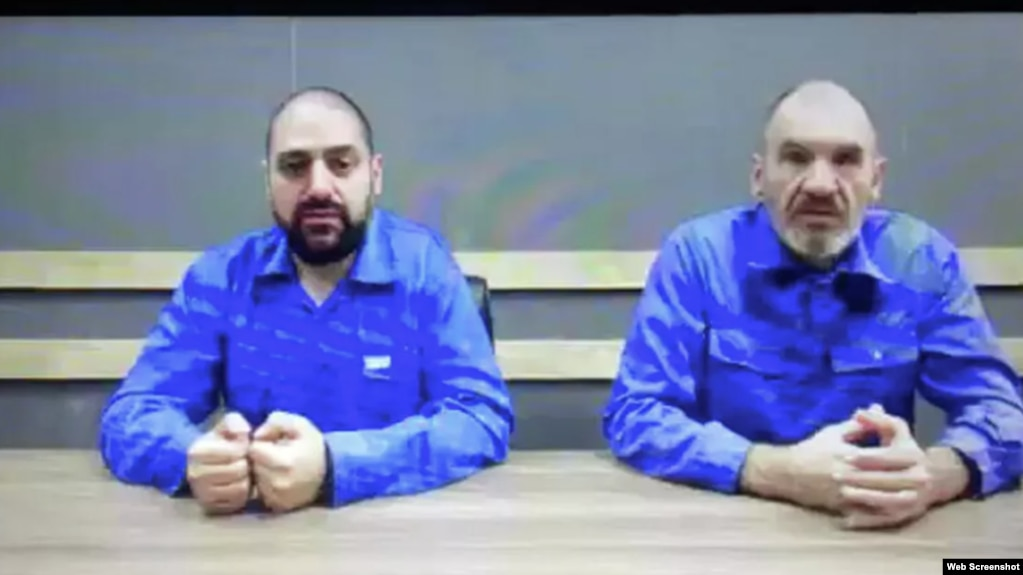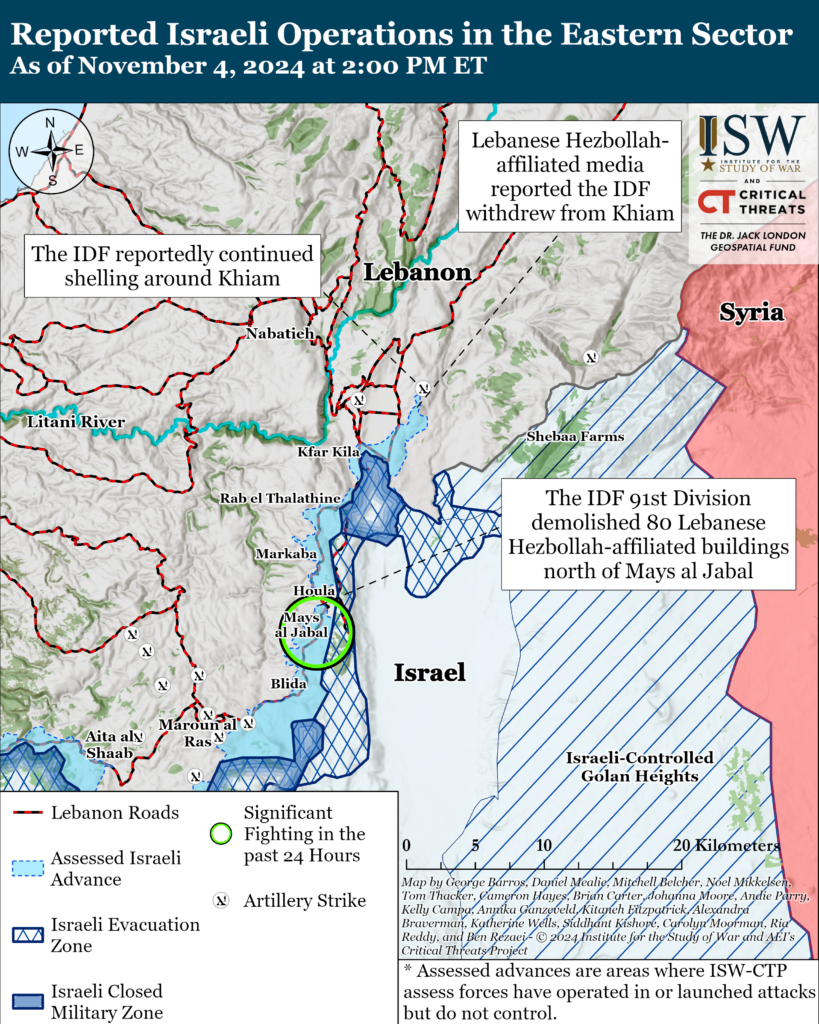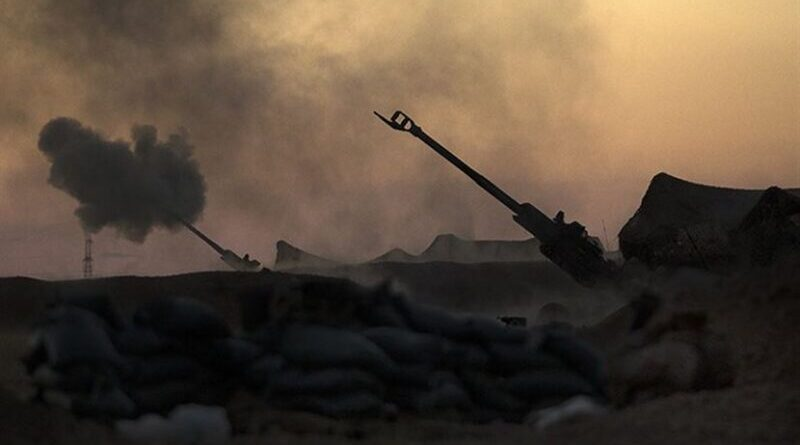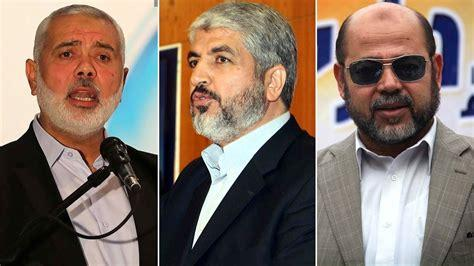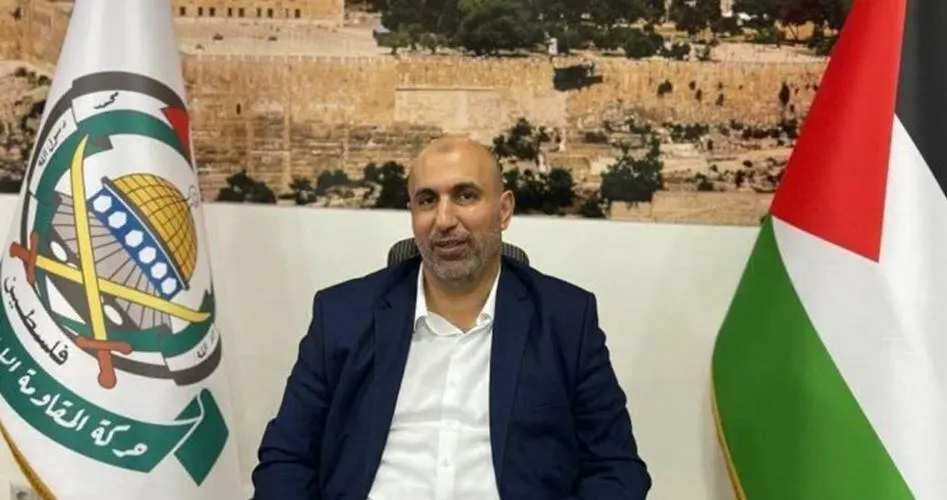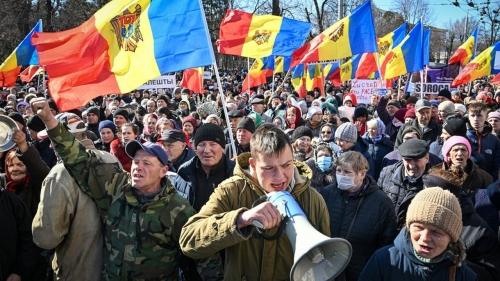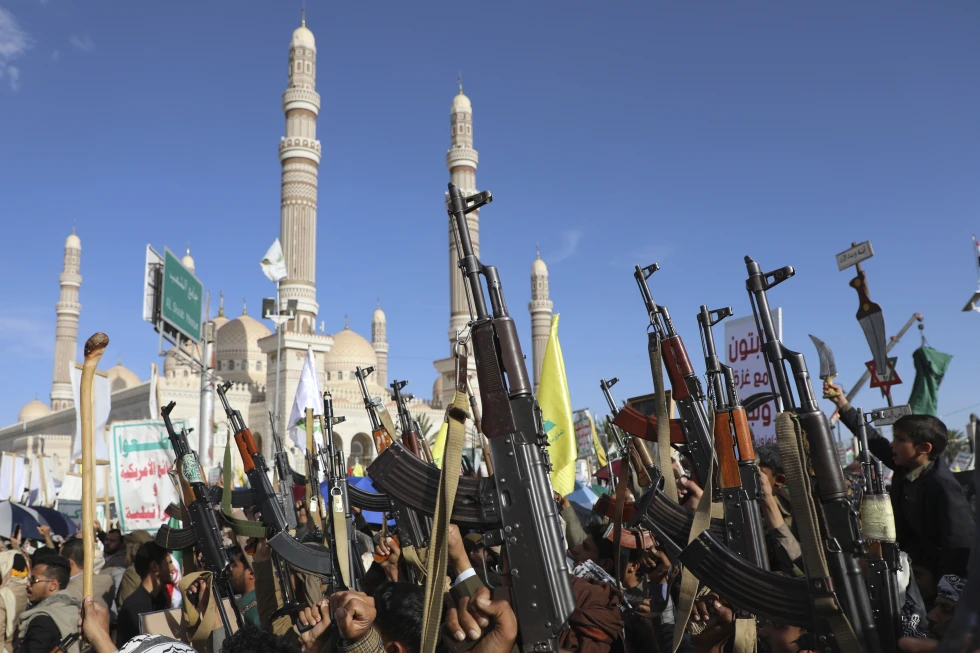Healing the scars of Tigray’s war
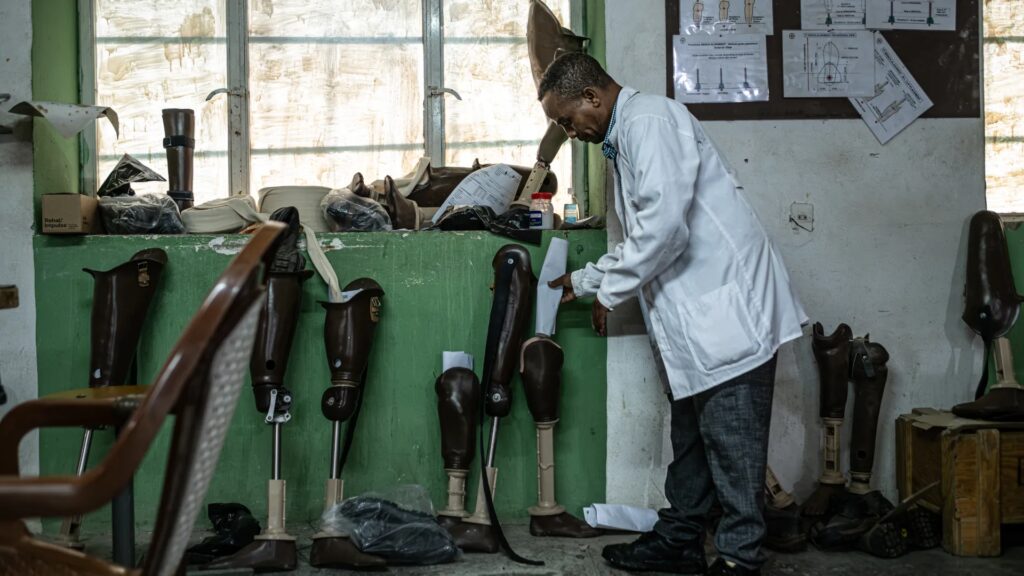
At a large intersection in central Mekelle, the capital of Ethiopia’s Tigray region, Asmelash Mariam waits cautiously for a speeding blue bajaj to let him cross.
The 28-year-old walks with a limp, but eases his way through the crowd, a serious and proud look on his face. Beneath his grey-washed jeans a prosthetic on his right leg replaces the limb he lost in the war two years ago.


